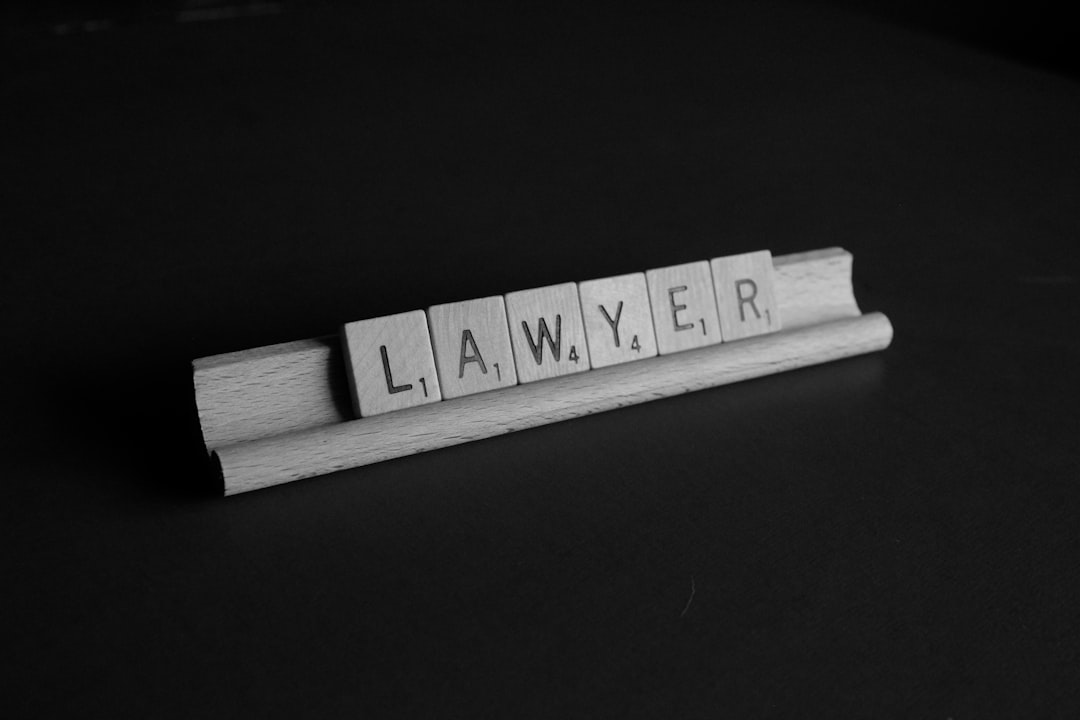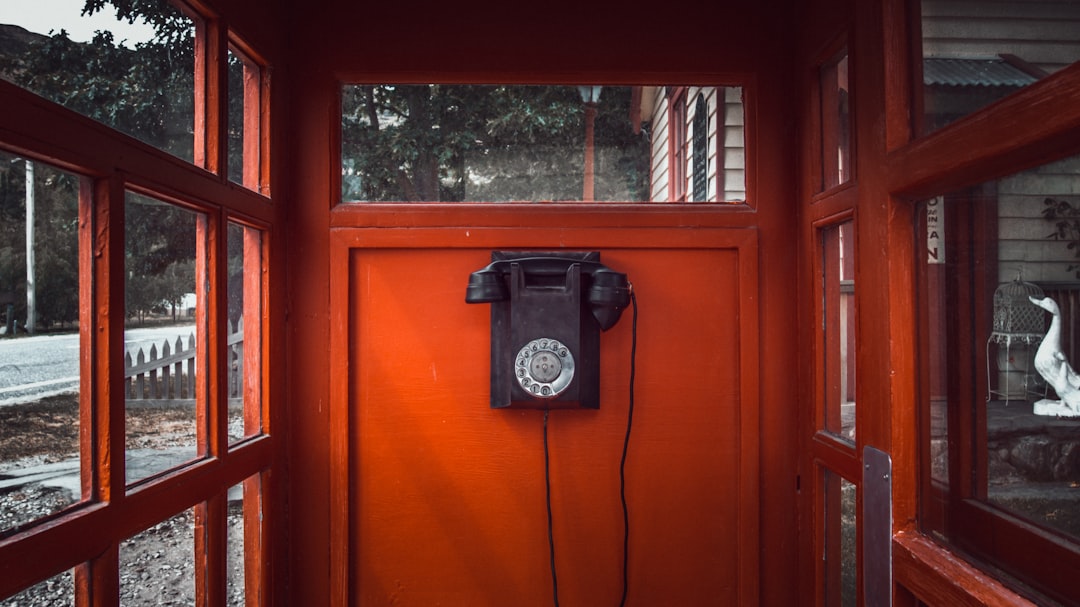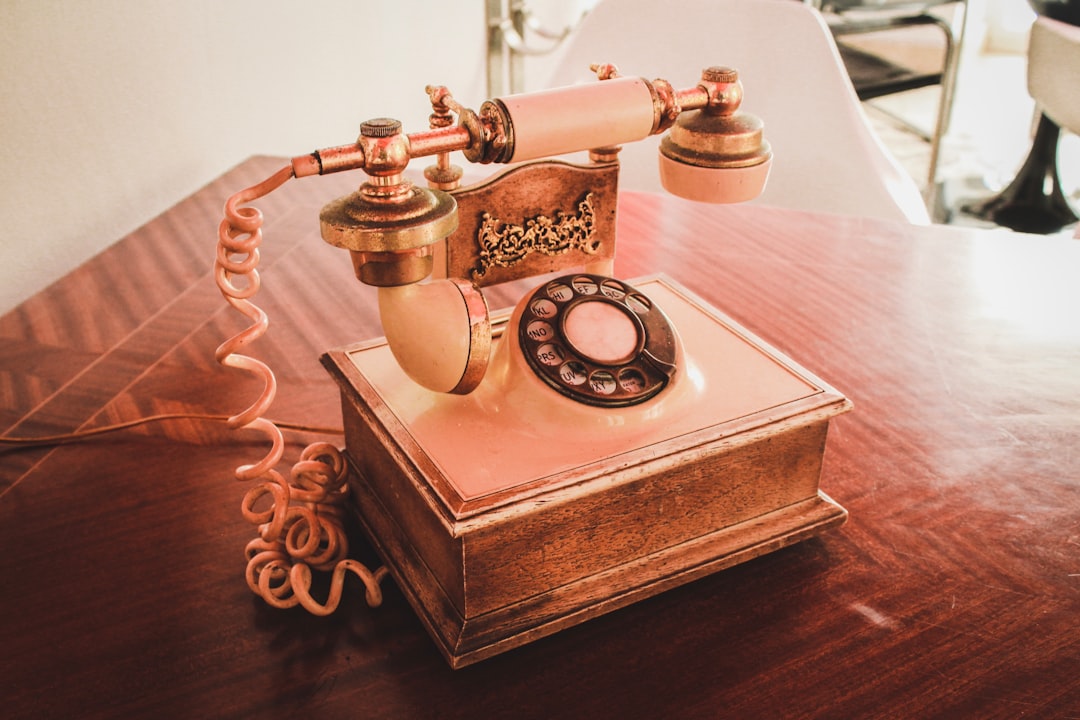Iowa's consumer protection laws have significantly evolved to address unfair practices and privacy concerns, including standardized product quality and pricing, sector-specific legislation for telecommunications, financial services, and telemarketing. The state introduced Do Not Call laws in 2003, empowering Iowans to register their phone numbers on a state-maintained list, restricting commercial calls unless the caller has prior explicit consent. Violations are enforced by the Attorney General's Office with penalties including fines and legal action. Do Not Call Attorneys in Iowa assist consumers and businesses in navigating this process, ensuring compliance and providing legal recourse against unwanted telemarketing.
“Unraveling the Evolution of Consumer Protection in Iowa: The Story of Do Not Call Laws”
Iowa’s journey with consumer protection legislation, particularly the ‘Do Not Call’ laws, is a fascinating narrative. This article offers a concise overview of how these laws have developed over time, from their initial conception to recent amendments. With a focus on empowering Iowans, these regulations aim to curb unwanted telemarketing calls. As a crucial resource for residents, understanding the history and key provisions is essential, especially for those seeking guidance from a Do Not Call Attorney Iowa.
Evolution of Consumer Protection Laws in Iowa

Iowa’s consumer protection laws have evolved over time, reflecting a growing awareness of the need to safeguard citizens from deceptive and unfair practices. The state’s journey towards stronger protections began with foundational legislation aimed at standardizing product quality and pricing. As society became more connected and complex, so too did the need for comprehensive consumer safeguards. This led to the introduction of laws addressing specific sectors like telecommunications, financial services, and most notably, telemarketing practices.
The emergence of Do Not Call laws in Iowa is a significant chapter in this evolution. Recognizing the growing annoyance and privacy concerns surrounding unwanted phone calls, the state enacted legislation to empower consumers. These laws allow Iowans to register their phone numbers on a “Do Not Call” list, significantly reducing unsolicited sales and marketing calls. The role of a Do Not Call Attorney Iowa becomes pertinent here, as legal professionals specializing in this area guide consumers through the process of asserting their rights and businesses in navigating the regulatory landscape to ensure compliance.
Introduction of the Do Not Call List in Iowa

In an effort to curb unwanted telemarketing calls, Iowa introduced the Do Not Call List (DNC) in 2003. This initiative, driven by consumer complaints, empowered residents to opt-out of receiving sales or promotional calls at their home or mobile numbers. A Do Not Call Attorney in Iowa played a crucial role in this process, assisting individuals in registering their phone numbers and ensuring their rights were protected.
The DNC list was established by the Iowa Office of the Attorney General, allowing Iowans to register their telephone numbers free of charge. Once on the list, businesses engaging in telemarketing activities were prohibited from calling residents without prior express consent. This measure aimed to provide much-needed relief from intrusive and often unwanted calls, giving Iowans more control over their communication preferences.
Key Provisions and Implementation of Do Not Call Laws

In Iowa, the Do Not Call laws are designed to protect residents from unwanted telemarketing calls and sales pitches. The key provisions include allowing consumers to register their phone numbers on a state-maintained “Do Not Call” list, which restricts commercial calls to those made by or on behalf of the caller with prior explicit consent. This list is actively managed and updated to ensure its effectiveness.
Implementation involves strict penalties for violators, including fines and legal repercussions for calls made to registered numbers without permission. Iowa’s Do Not Call laws are enforced by the Attorney General’s Office, which works closely with consumers to resolve disputes and educate businesses about their obligations. A Do Not Call Attorney in Iowa plays a crucial role in guiding both parties through this process, ensuring compliance and providing recourse when necessary.
Impact and Challenges: A Look at Recent Developments

The impact of Do Not Call laws in Iowa has been significant, offering residents a much-needed respite from unsolicited phone calls. These regulations empower individuals to take control of their communication preferences, minimizing the intrusion often associated with telemarketing. Since their implementation, many Iowans have benefited from reduced call volumes, especially from aggressive sales pitches.
However, challenges persist. With evolving telemarketing tactics and the constant emergence of new technologies, staying effective against malicious calls remains a concern. Recent developments include heightened scrutiny of robocalls and increased enforcement actions taken by Do Not Call Attorneys in Iowa. These legal professionals play a crucial role in upholding consumer rights, ensuring compliance with state regulations, and providing recourse for those affected by nuisance calls.






